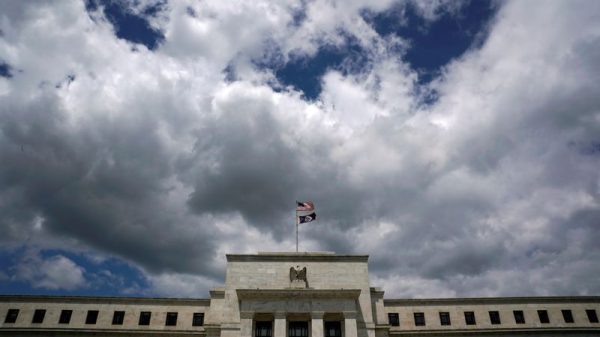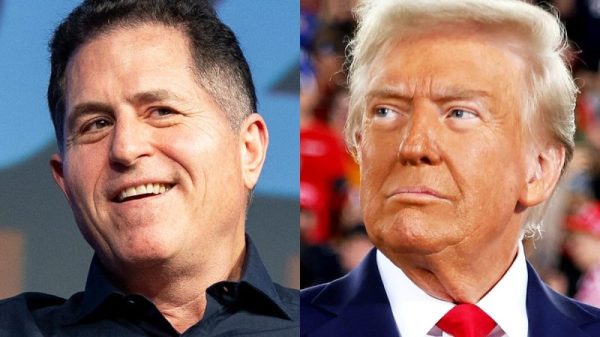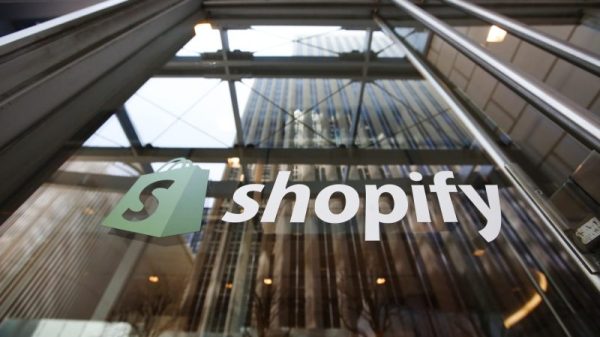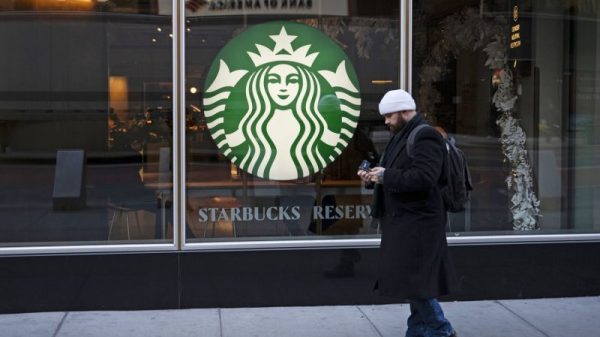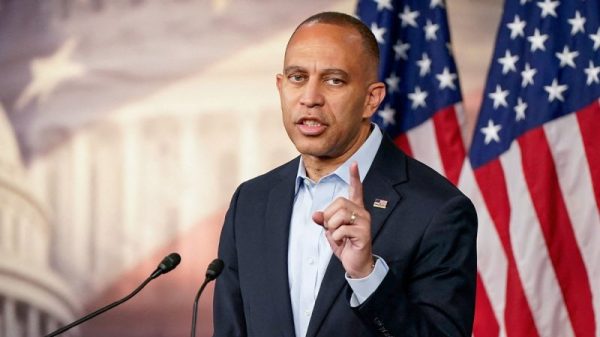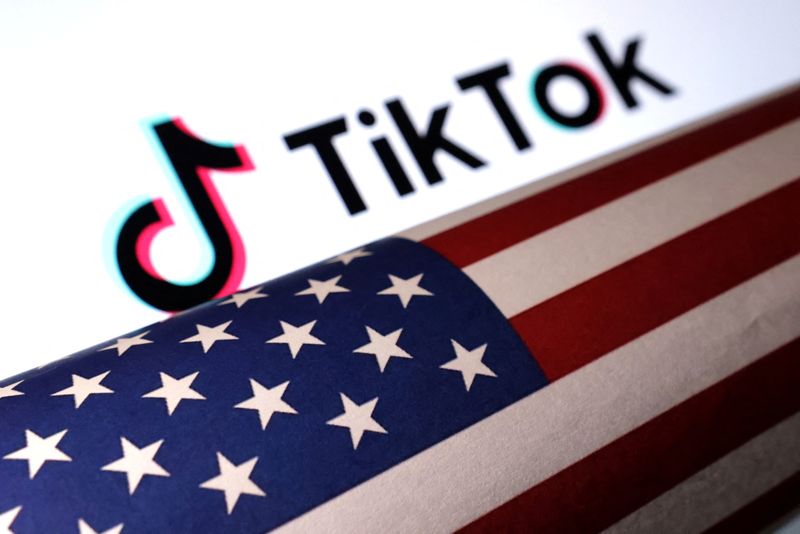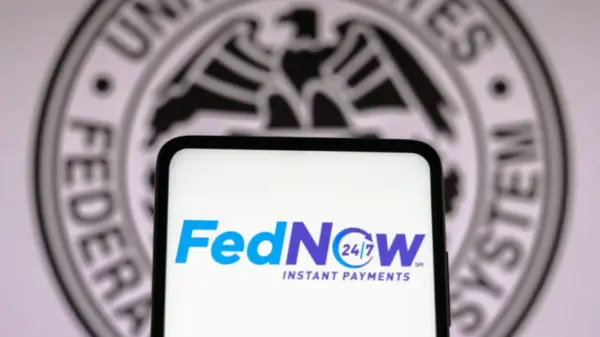Investing.com — The debate over whether TikTok will be banned in the United States has reached a critical juncture, with developments raising the stakes for the popular short-video platform.
The U.S. Supreme Court recently upheld a law requiring TikTok to divest from its Chinese parent company, ByteDance, or face a ban on U.S. operations.
While this ruling is pivotal, the situation remains highly uncertain due to the complex interplay of legal, political, and corporate factors.
As per analysts at Moffett Nathanson, the odds of a TikTok ban are not as straightforward as they may appear.
Prediction markets like Polymarket place the likelihood at 80%, reflecting a sentiment driven largely by concerns over national security.
However, other factors complicate the picture. President-elect Donald Trump has expressed opposition to the measure, potentially signaling a more lenient approach from the incoming administration.
In December, Trump requested a pause in the law’s implementation to explore alternatives, though this effort was nullified by the Supreme Court ruling.
If a ban were to proceed, its enforcement mechanisms would rely on key players in the tech ecosystem, including app store operators like Apple (NASDAQ:AAPL) and Google (NASDAQ:GOOGL) and internet service providers (ISPs).
Both Apple and Google are expected to comply by removing TikTok from their platforms, rendering it inaccessible to new users.
Even for existing users, the app could become inoperable over time as ISPs and service providers cease support for updates and maintenance.
Reports from ByteDance suggest the company may shut down TikTok’s U.S. operations entirely if the ban is upheld.
Despite these potential outcomes, Moffett Nathanson emphasizes the fluidity of the situation.
The incoming administration may issue an executive order delaying the ban or even seek to repeal the law altogether.
TikTok’s executives appear to share this optimism, with confidence that any disruptions could be temporary. This scenario leaves room for the platform to reemerge, potentially after a divestiture or sale.
For competitors like Meta (NASDAQ:META) and YouTube, a TikTok ban could present opportunities.
Meta’s Instagram Reels and YouTube Shorts are well-positioned to absorb displaced users and advertisers, potentially boosting their revenues by 3-5% and 10-15%, respectively.
Snapchat, while less equipped with short-form video offerings, could still benefit by capturing some of TikTok’s user base, particularly among younger demographics.
Yet, the initial market reaction to the Supreme Court ruling suggests skepticism about the permanence of a ban.
Stocks for Meta and Snap fell shortly after the announcement, reflecting broader uncertainty about how long TikTok’s absence would last and whether competitors would meaningfully benefit. This reaction may be a forewarning of the volatility that lies ahead in this unfolding saga.




